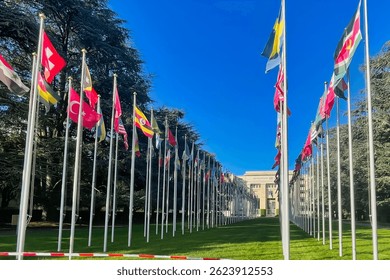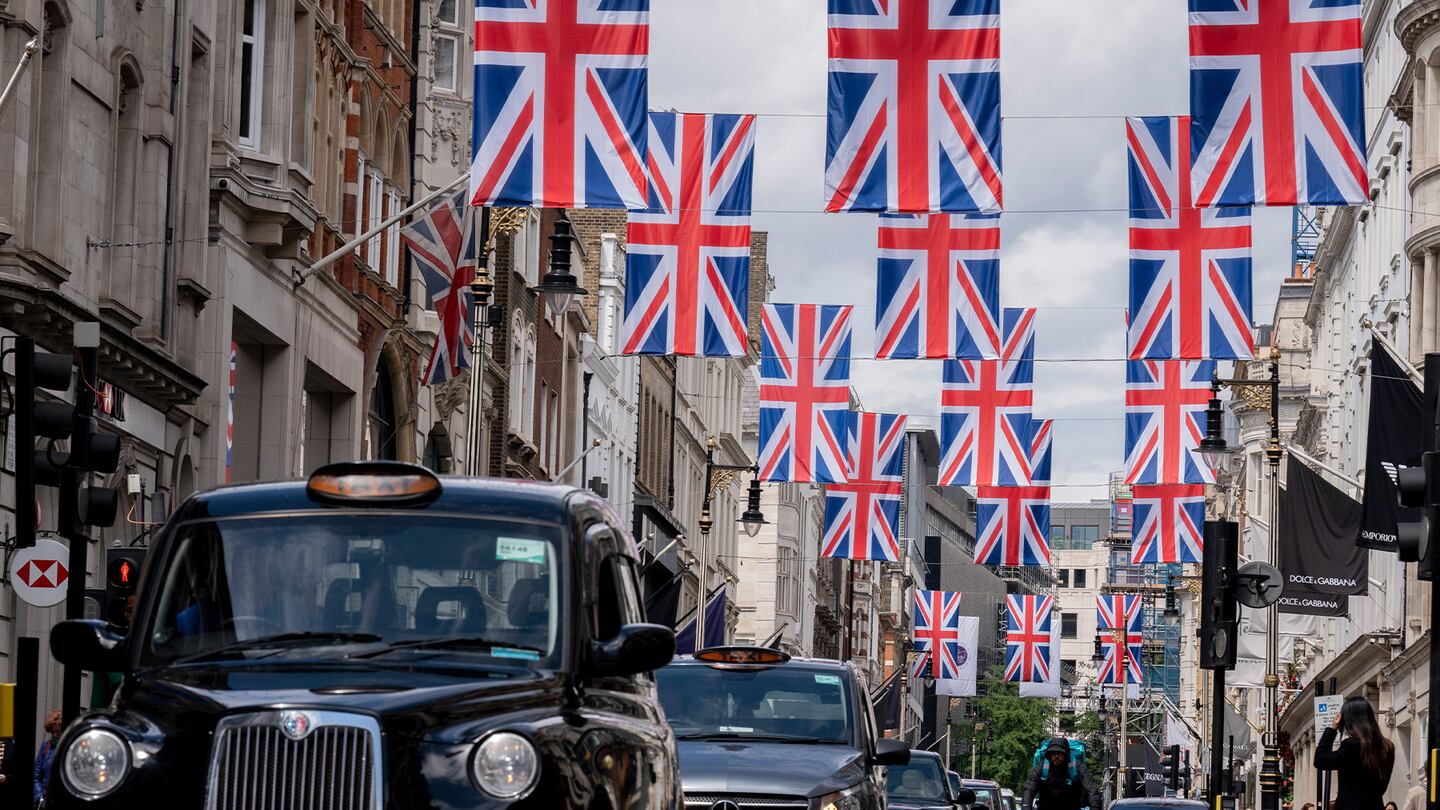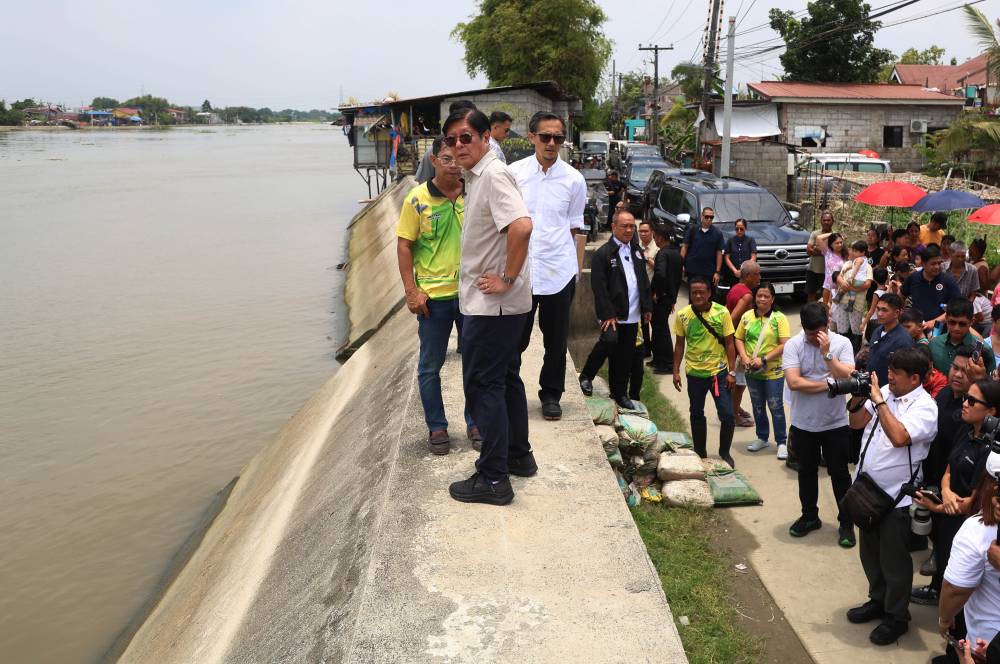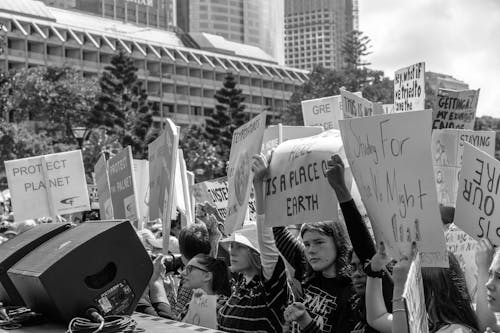
06 Nov, 2025
3 min read
UN Restores Arms Embargo and Sanctions on Iran Amid Nuclear Deal Collapse
The United Nations Security Council reinstated a decade-old arms embargo and additional sanctions on Iran on Saturday, following a resolution initiated by key European nations citing breaches of the 2015 nuclear agreement. Britain, France, and Germany led the effort, alleging that Iran violated the accord designed to prevent nuclear weapon development—a claim Iran continues to deny.
Originally signed by Iran, Britain, Germany, France, the United States, Russia, and China, the nuclear deal has unraveled, heightening regional tensions in the Middle East, particularly after recent Israeli and U.S. strikes on Iranian nuclear facilities.
The renewed UN sanctions, activated at 8 p.m. EDT (0000 GMT), revive measures adopted in Security Council resolutions from 2006 to 2010. Attempts to postpone the reinstatement during the annual UN world leaders' summit were unsuccessful.
In a joint statement, the foreign ministers of the three European countries emphasized, "We urge Iran and all states to abide fully by these resolutions."
Tehran has condemned the move, warning of severe repercussions. Nonetheless, Iranian President Masoud Pezeshkian underscored that Iran does not intend to withdraw from the Non-Proliferation Treaty. Concurrently, Iran recalled its ambassadors to Britain, France, and Germany for consultations.
Russia strongly opposed the sanctions' reinstatement. Russian Foreign Minister Sergei Lavrov declared the move "unlawful" and urged UN Secretary-General Antonio Guterres not to recognize the sanctions, labeling it a "major mistake."
The UN Security Council promptly updated its website to reflect the sanctions' return.
Despite the sanctions, European powers maintain that diplomacy remains viable. They had proposed delaying sanctions by up to six months if Iran restored inspection access, clarified concerns over enriched uranium, and engaged in dialogue with the U.S. Their statement reiterated, "The reimposition of UN sanctions is not the end of diplomacy. We urge Iran to refrain from any escalatory action and to return to compliance with its legally binding safeguards obligations."
U.S. officials echoed this sentiment. Secretary of State Marco Rubio affirmed that negotiations remain preferable, provided Iran commits to direct, good-faith talks without obstruction. He stressed the importance of immediate sanction enforcement to compel Iran toward responsible conduct beneficial to both its people and global security.
Iran's economy, already weakened by harsh U.S. sanctions reinstated in 2018 after America's withdrawal from the deal, has suffered further. The Iranian rial plummeted to a record low of approximately 1,123,000 per U.S. dollar on Saturday, exacerbated by fears surrounding the renewed sanctions.
Under the reinstated UN measures, Iran faces a renewed arms embargo and prohibitions on uranium enrichment, reprocessing, and any ballistic missile activities related to nuclear weapons capability. Additional restrictions include travel bans, asset freezes on numerous Iranian individuals and entities, and a comprehensive ban on supplying materials potentially usable in Iran's nuclear program.
All UN member states are empowered to seize contraband covered by the sanctions. Furthermore, Iran is barred from involvement in uranium mining, production, or nuclear technology-related commercial activities outside its borders.
These developments mark a significant escalation in the international community's stance toward Iran's nuclear ambitions and underscore the fragile state of diplomacy in the region.
Recommended For You

Bernard Arnault Sparks Controversy with Criticism of Wealth Tax Advocate Gabriel Zucman
Nov 06, 2025
Tino Salonga

Independent Commission Denounces Document Tampering in Flood Control Investigations
Nov 06, 2025
Urbano Tolentino

Peaceful Trillion Peso March Held Across Negros Island Despite Heavy Rain
Nov 06, 2025
Eusebio Alcaraz

Department of Agriculture Launches "White Revolution" to Modernize Food Production
Nov 06, 2025
Eusebio Alcaraz
